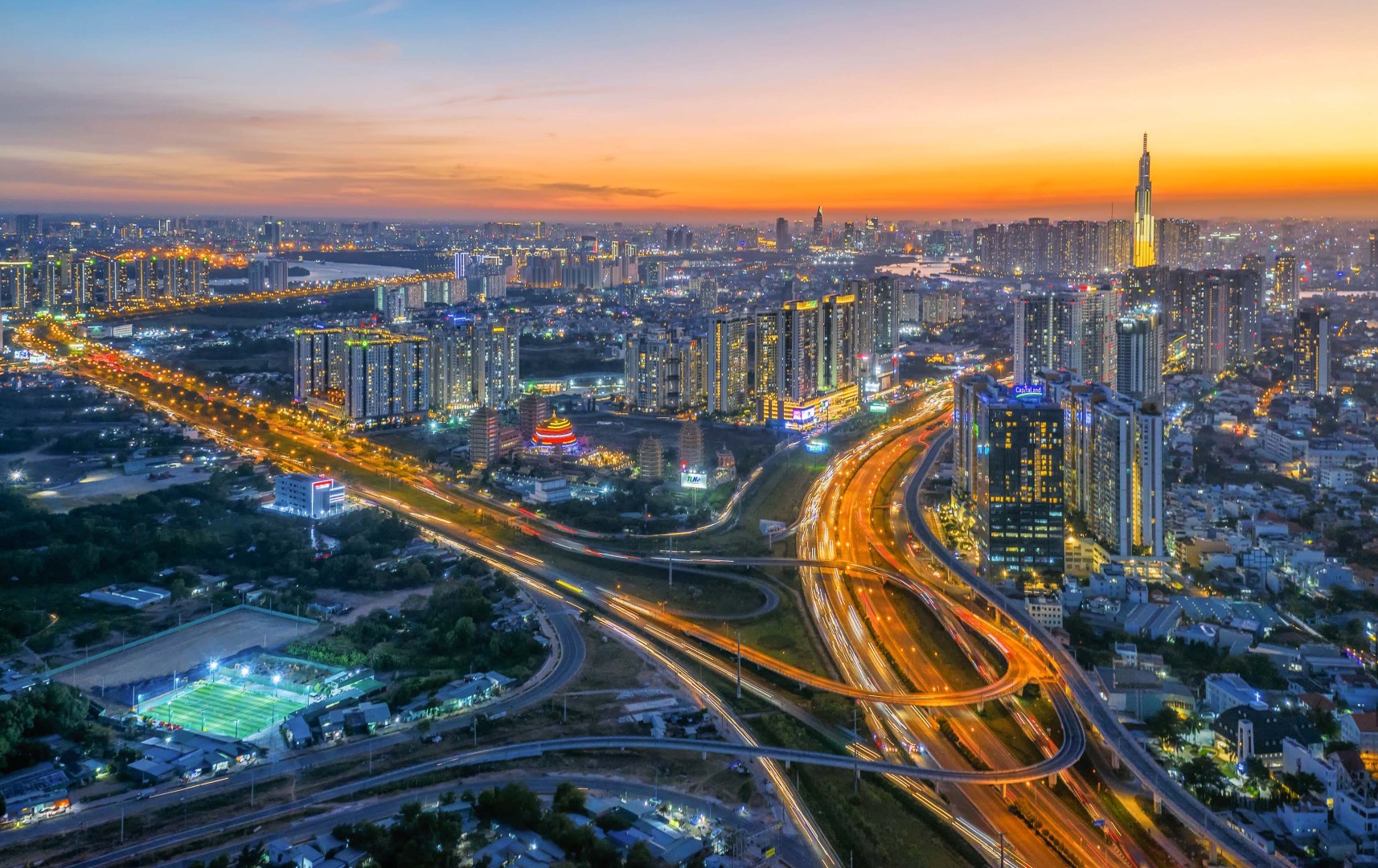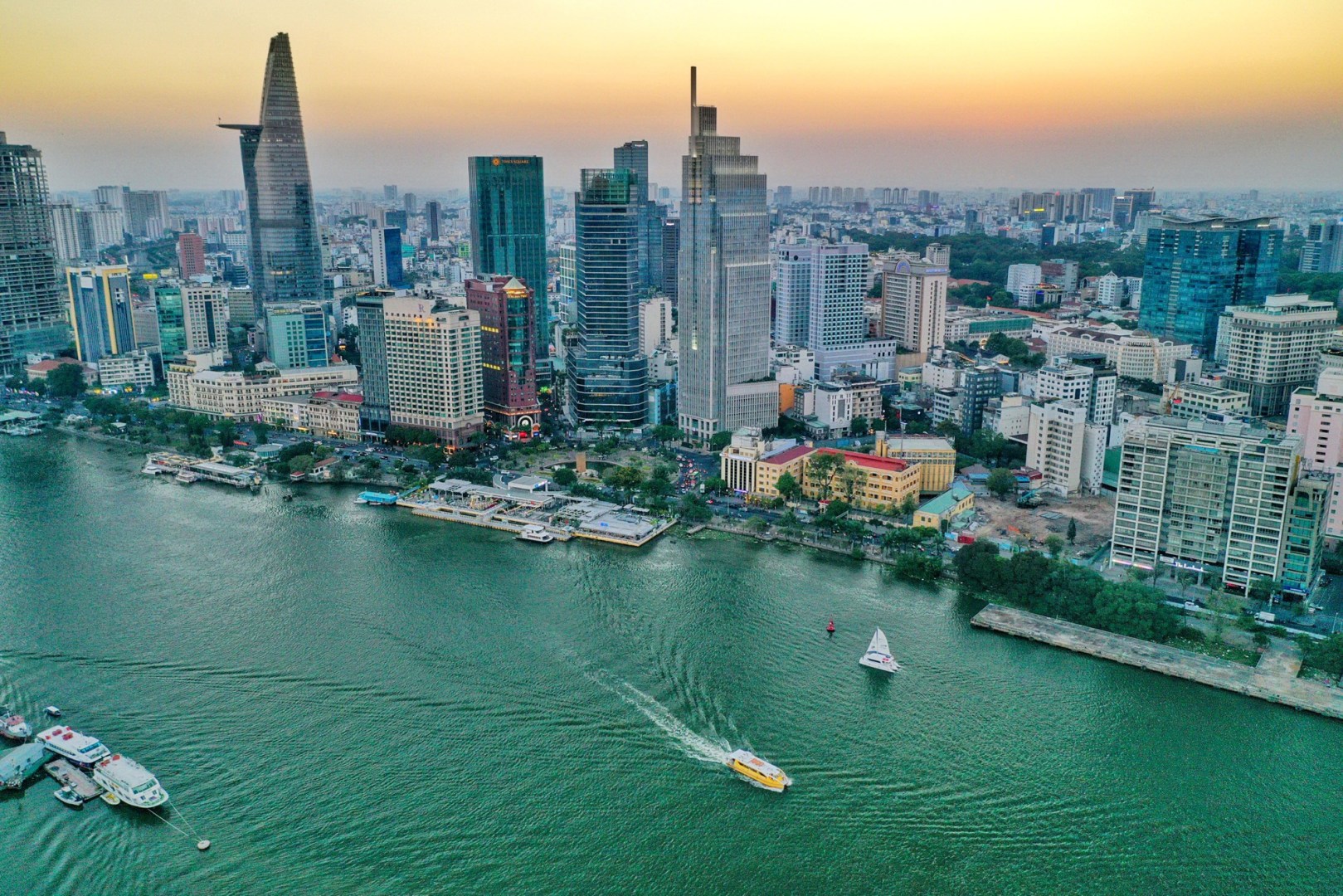
Ho Chi Minh City’s authorities are striving to develop and put on display new advantages to attract strategic investors in the context of sluggish foreign investment inflows and decreases in the scale and the number of news projects.
The golden age


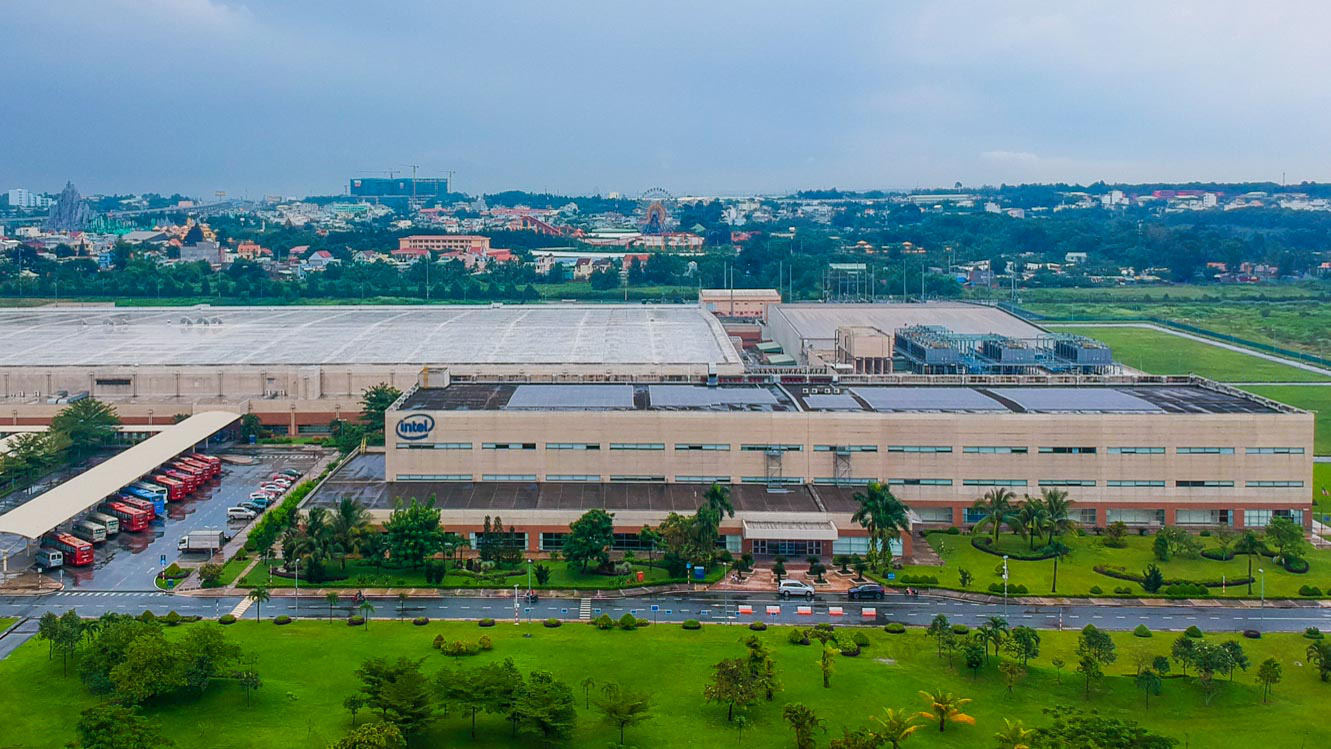
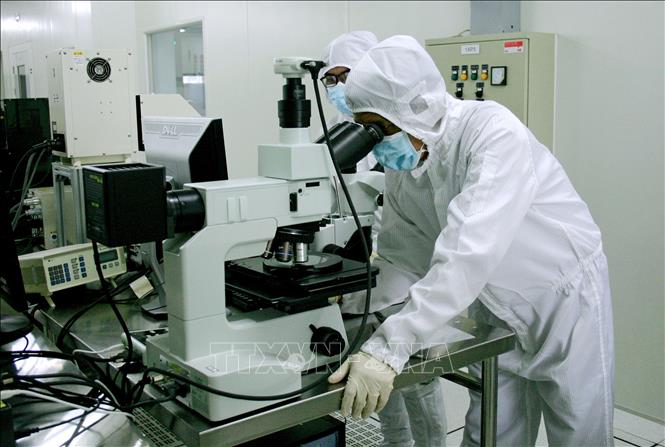
HCM City is home to the country’s first export processing zone – the Tan Thuan Export Processing Zone – and the high-tech park model which has been regarded as the most successful nationwide, attracting world giants like Intel, Samsung and Nidec. Notably, Intel Corporation has poured nearly 1.5 billion USD into a factory at the Saigon High-Tech Park, and Intel Products Vietnam has become the largest assembly and testing facility in the corporation’s global network. Last year, Samsung also increased its investment in Samsung Electronics HCMC CE Complex by 841 million USD, raising its accumulative capital to over 2.84 billion USD.
The Foreign Investment Agency under the Ministry of Planning and Investment reported that in 2022, the country’s southern largest economic hub lured 4.33 billion USD, taking the lead nationwide in FDI attraction. However, the city is experiencing a declining trend in FDI, as the figure stood at only 1.14 billion USD in the first five months of this year, a year-on-year drop of 13.5%.
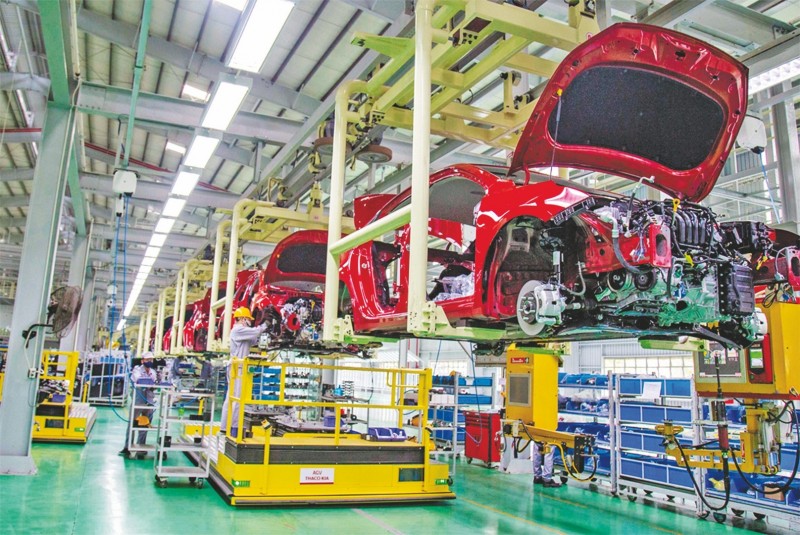
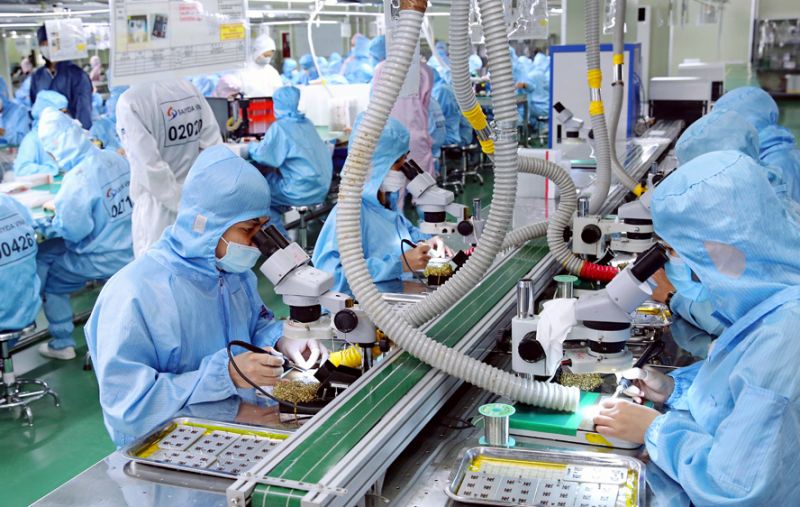
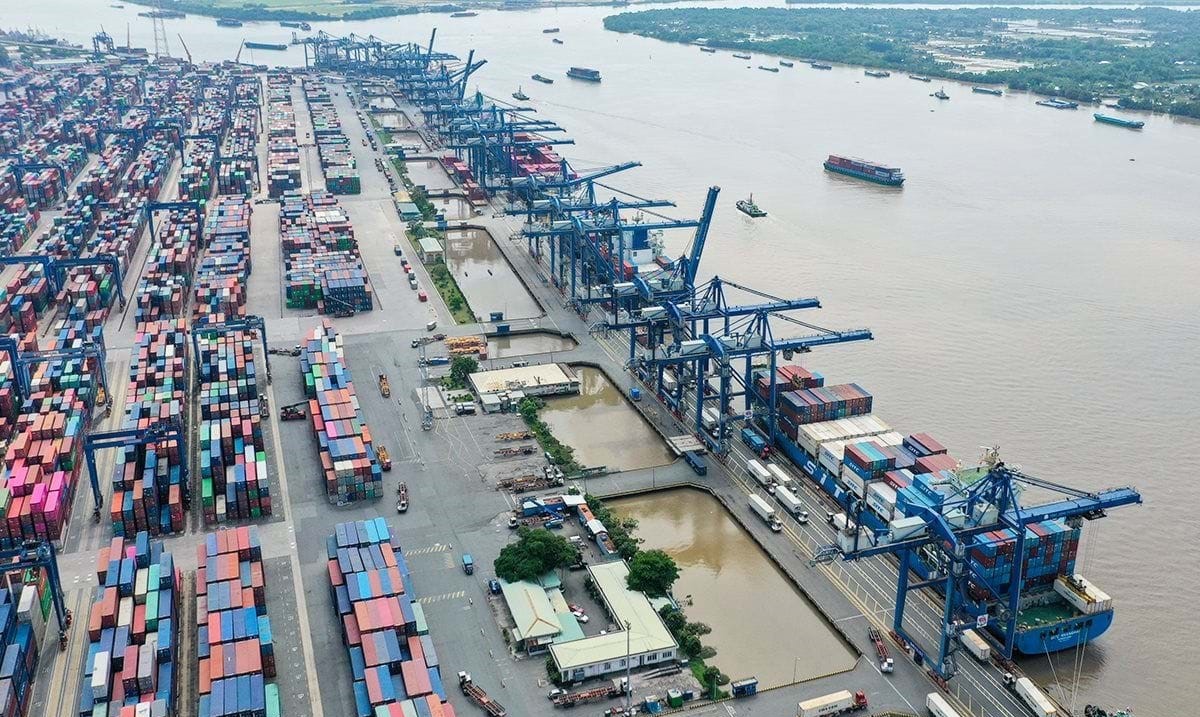

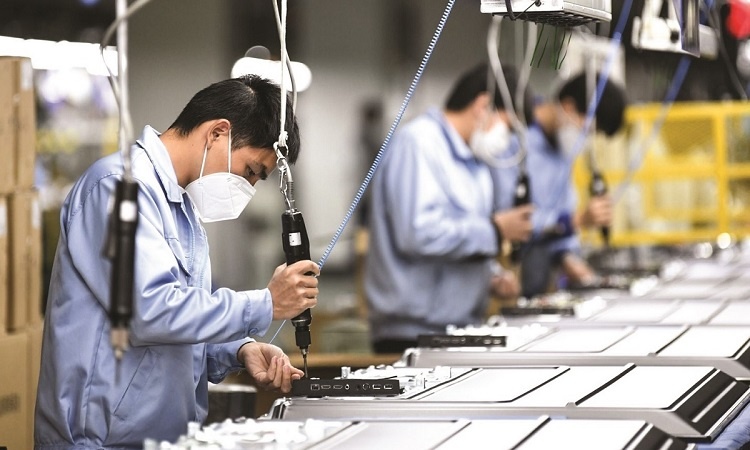
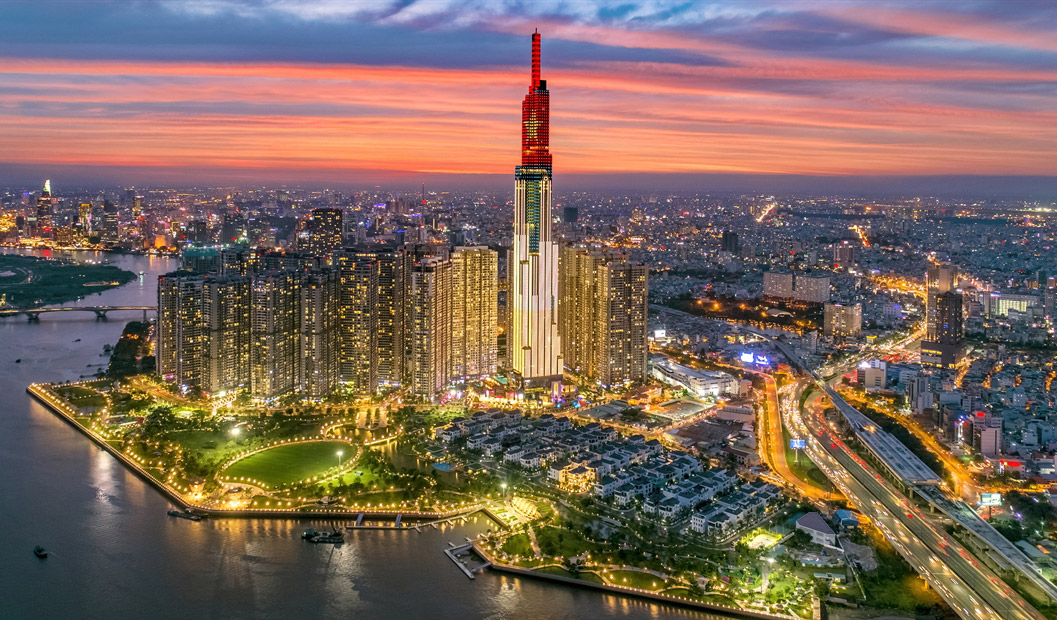
Competition pressure
Nguyen Tu Anh, Director General of the Department of General Economic Affairs at the Central Party’s Economic Commission, said the global FDI flows have been falling since 2018, and Vietnam is no exception. Global FDI has shrank in size and scale, demonstrating a tendency to shift away from Asia, which explains why foreign investments in Vietnam in general and HCM City in particular are declining. This makes for challenging efforts to draw investment in the time ahead. Such obstacles are expected to continue due to geopolitical fragmentation and the global minimum corporate income tax. The tax was initiated by the Organisation for Economic Cooperation and Development (OECD) and agreed by all of its 142 member states, including Vietnam. Enterprises with annual revenues of 750 million EUR (800 million USD) or more are subject to a tax rate of 15%, with many countries applying this rate from 2024.
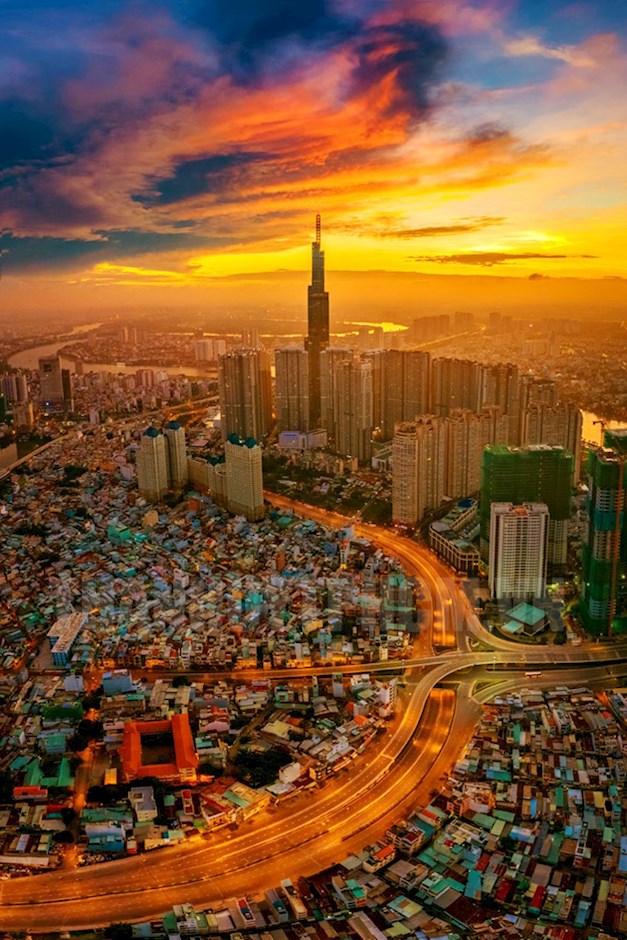
Meanwhile, to lure more foreign investors, Vietnam offers a tax rate of below 15% to big groups. Once the country applies the global minimum corporate income tax, it needs to seek ways to join the game and keep investors at the same time.
Apart from foreign countries and regions, HCM City is competing with other localities in the race to attract FDI, especially at the time when its Provincial Competitiveness Index (PCI) has been excluded from the list of top 10 for many years, even dropping 13 places to the 27th position among the 63 cities and provinces last year.
Other disadvantages facing the city include sustainable development factors. Big groups have prioritised environmental, social, and governance (ESG) criteria in selecting investment destinations. However, HCM City was ranked 49th out of 63 provinces and cities nationwide in the Provincial Green Index by the Vietnam Chamber of Commerce and Industry.

Apart from infrastructure issues, shortcomings in mechanisms and enforcement also affect FDI attraction in the city. Representatives from the Singapore Business Association said business licensing still takes time, about nine months, even one year, as it differs in localities. Projects that seek adjustments in business items and investment capital face the same delays as licensing, which is too long to enable deft and rapid business decisions.
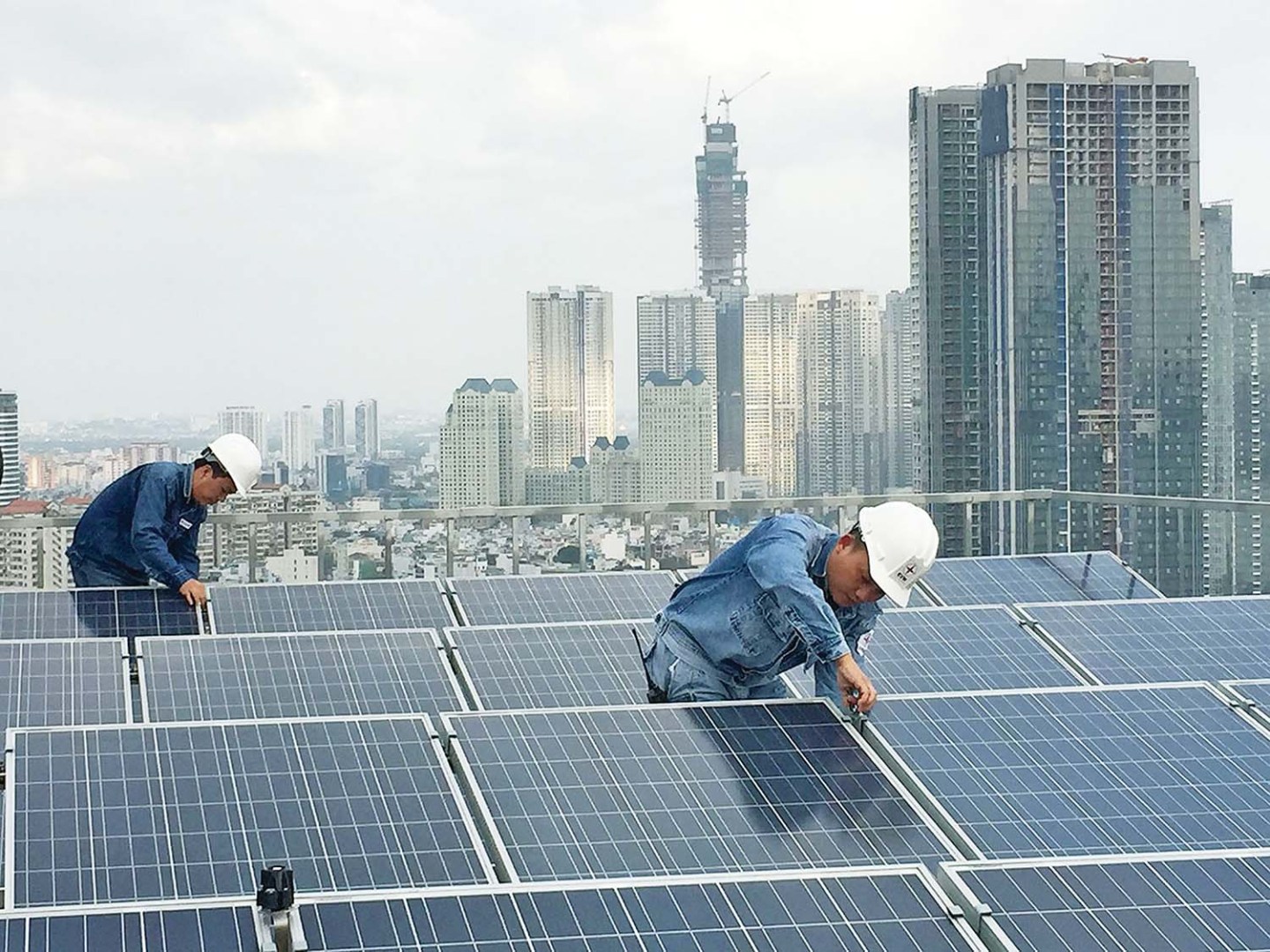
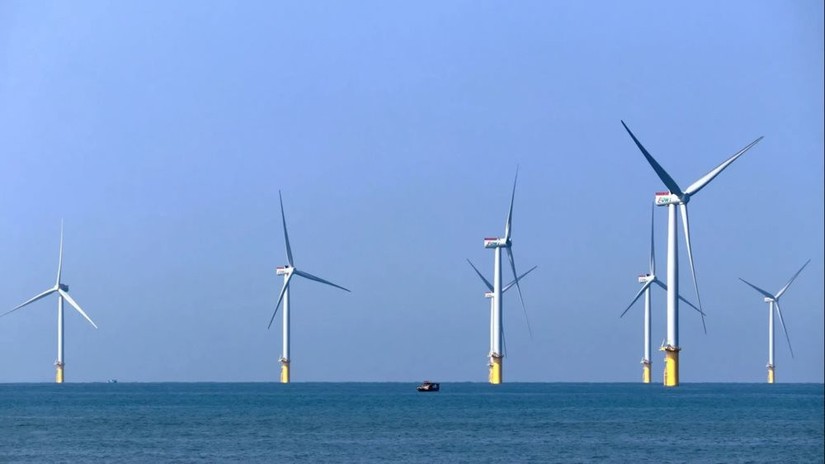
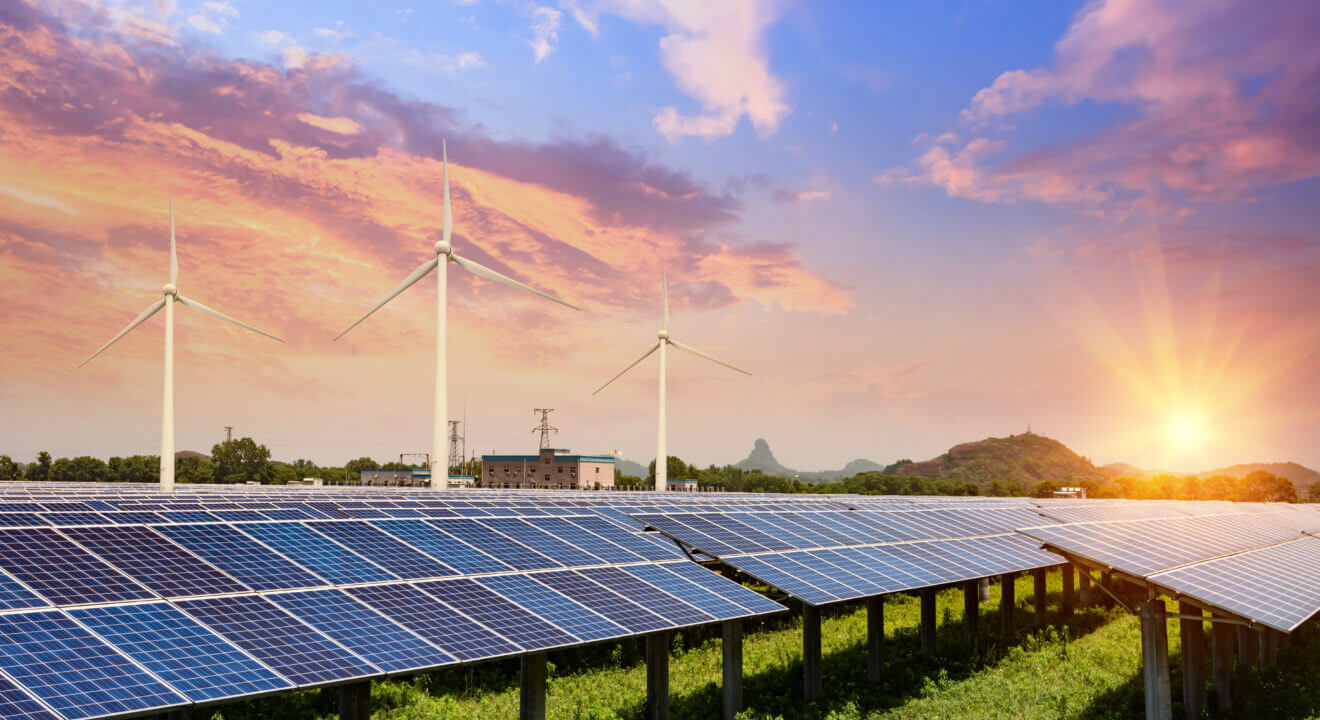
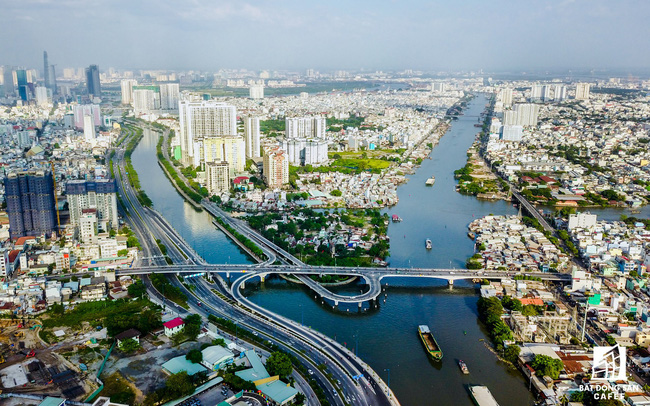
Attracting “eagles” to technology, high-quality services
Despite a host of challenges, HCM City still has opportunities to lure more investments once it identifies key areas, experts believe. Director of C+ Consulting & Investment JSC Ngo Nghi Cuong, who is also an advisor to foreign investors, said the COVID-19 pandemic, military conflicts and trade tensions among major economies have redirected investors toward regions with stable political and social situation, which creates advantages for Vietnam in general and HCM City in particular.
Besides, the global minimum tax policy will give more opportunities to the southern metropolis as it makes the countries which previously offered tax exemptions less attractive.
The municipal Department of Planning and Investment said it is developing a project on FDI attraction for 2023-2025 with a vision to 2030, targeting strategic investors with a minimum capital of 30 billion VND (1.27 million USD) for normal projects or 3 trillion VND for those on research and innovation.
By 2025, this programmme aims to attract over 50 high-tech projects, with at least one giant and a total investment capital of at least 3 billion USD. It will prioritize multinational groups partnering with domestic enterprises to form sectoral connectivity clusters based on value chains.
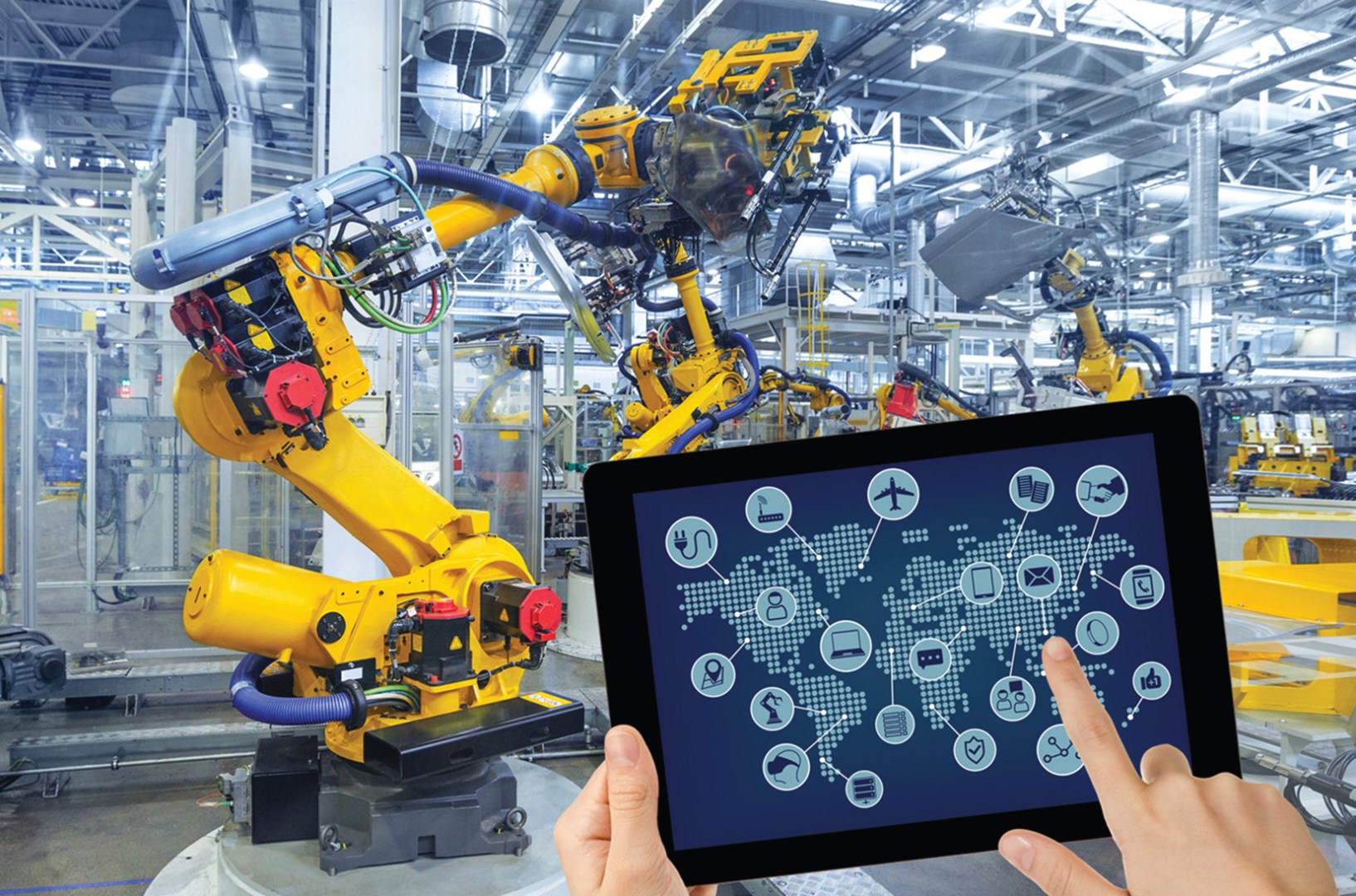


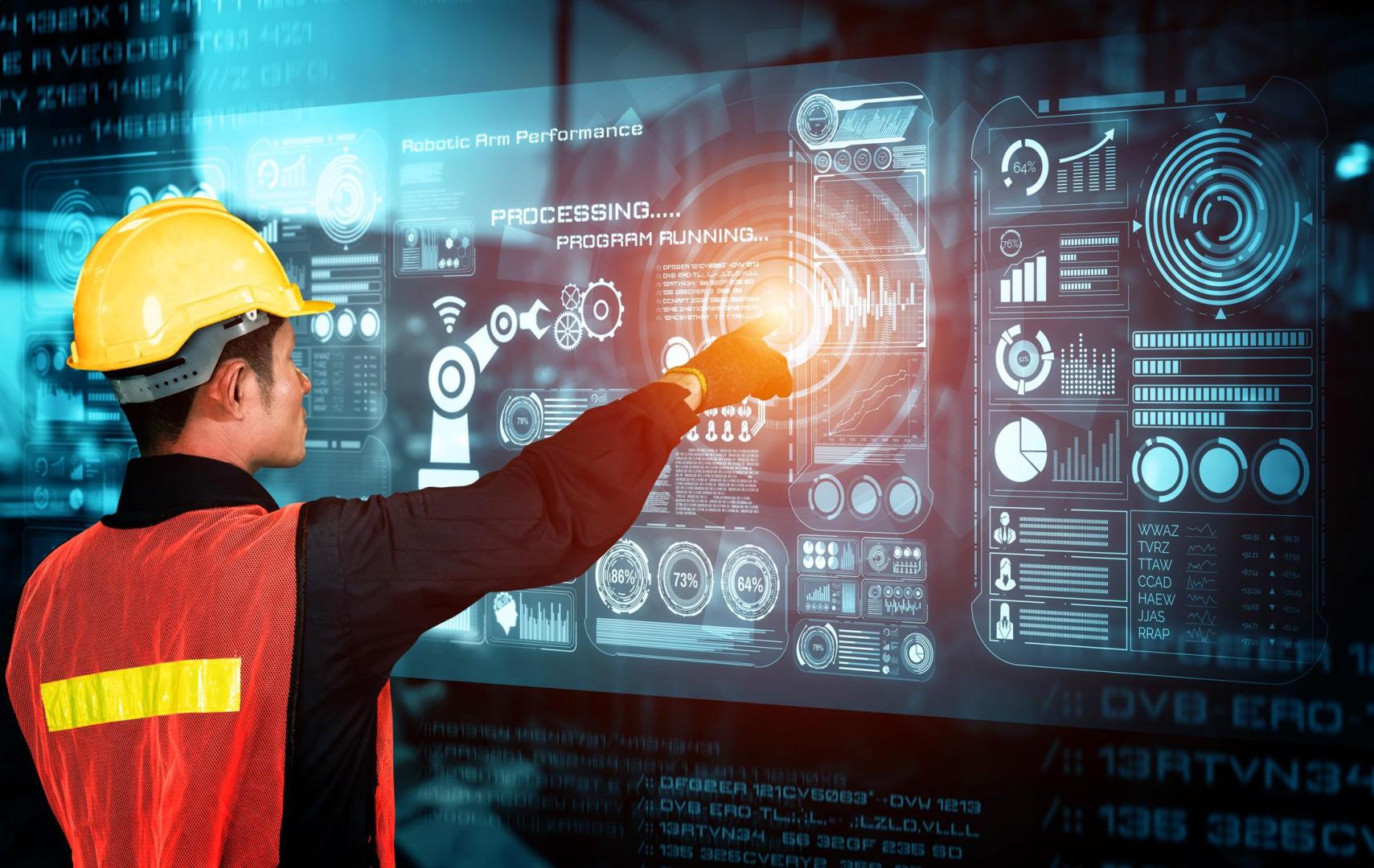
HCM City also prioritises investments in the digital economy, industries based on the Fourth Industrial Revolution, micro-electronics, semiconductors, and information technology such as ICT, digital industry, nanotechnology; automation, precision engineering; new materials, pharmaceuticals, bio-technology, high-tech agriculture, environmental technology, and clean energy.
Cao Thi Phi Van, Deputy Director of the HCM City Trade and Investment Promotion Centre, noted that foreign investors are most concerned about the transparency of the business environment, changes in policies, workforce, technical –transport infrastructure, and the ability to connect supply chains with the region.”/.
